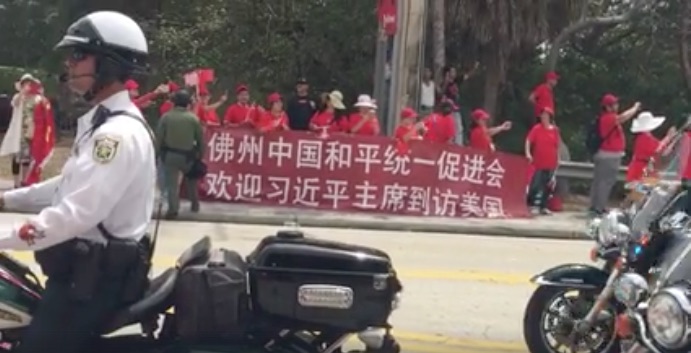Frank Bruni, "What Happened to Who?", NYT 4/8/2017:
I first noticed it during the 2016 Republican presidential debates, which were crazy-making for so many reasons that I’m not sure how I zeroed in on this one. “Who” was being exiled from its rightful habitat. It was a linguistic bonobo: endangered, possibly en route to extinction.
Instead of saying “people who,” Donald Trump said “people that.” Marco Rubio followed suit. Even Jeb Bush, putatively the brainy one, was “that”-ing when he should have been “who”-ing, so I was cringing when I should have been oohing.
It’s always a dangerous thing when politicians get near the English language: Run for the exits and cover the children’s ears. But this bit of wreckage particularly bothered me. This was who, a pronoun that acknowledges our humanity, our personhood, separating us from the flotsam and jetsam out there. We’re supposed to refer to “the trash that” we took out or “the table that” we discovered at a flea market. We’re not supposed to refer to “people that call my office” (Rubio) or “people that come with a legal visa and overstay” (Bush).
Or so I always assumed, but this nicety is clearly falling by the wayside, and I can’t shake the feeling that its plunge is part of a larger story, a reflection of so much else that is going wrong in this warped world of ours.
Read the rest of this entry »

